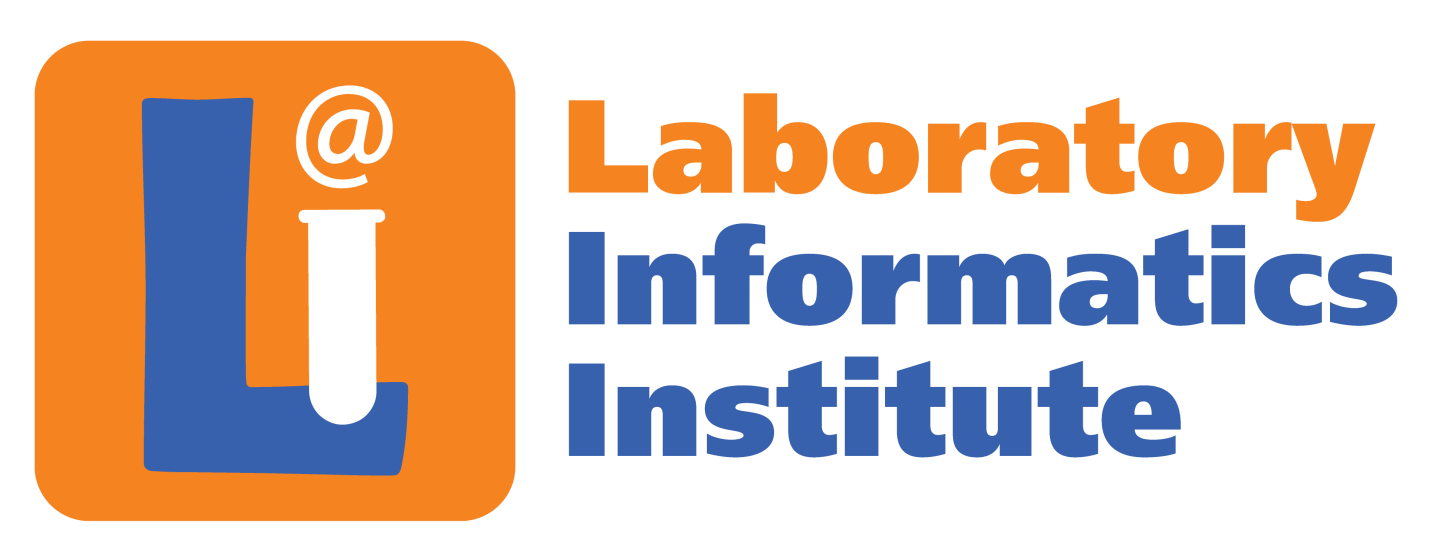Difference between revisions of "Main Page"
Shawndouglas (talk | contribs) (Updated article of the week.) |
Shawndouglas (talk | contribs) (Updated article of the week.) |
||
| Line 42: | Line 42: | ||
<div style="border-bottom:1px solid #aae6ef; background-color:#aae6ef; padding:0.2em 0.5em 0.2em 0.5em; font-size:110%; font-weight:bold;-moz-border-radius:10px 10px 0 0; border-radius:10px 10px 0 0;">Featured article of the week</div> | <div style="border-bottom:1px solid #aae6ef; background-color:#aae6ef; padding:0.2em 0.5em 0.2em 0.5em; font-size:110%; font-weight:bold;-moz-border-radius:10px 10px 0 0; border-radius:10px 10px 0 0;">Featured article of the week</div> | ||
<div style="padding:0.4em 1em 0.3em 1em;"><br /> | <div style="padding:0.4em 1em 0.3em 1em;"><br /> | ||
<div style="float: left; margin: 0.5em 0.9em 0.4em 0em;">[[File: | <div style="float: left; margin: 0.5em 0.9em 0.4em 0em;">[[File:LII.png|280px]]</div> | ||
'''[[ | '''[[LII:The Practical Guide to the U.S. Physician Office Laboratory|The Practical Guide to the U.S. Physician Office Laboratory]]''' is a white paper created by the [[Laboratory Informatics Institute]] on the topic of the [[physician office laboratory]] (POL) in the United States. The white paper was published on May 14, 2014 and discusses several aspects of the POL, including what it is, how it operates, and how it's regulated. Rather than making specific recommendations, the paper focuses on providing a broad, generalized overview of topics related to the POL. | ||
A physician office laboratory is a physician-, partnership-, or group-maintained laboratory that performs diagnostic tests or examines specimens in order to diagnose, prevent, and/or treat a disease or impairment in a patient as part of the physician practice. In many countries like the United States, the physician office laboratory is considered a clinical laboratory and is thus regulated by federal, state, and/or local laws affecting such laboratories. The paper discusses the regulations primarily affecting those laboratories as well as how how those regulations play into analyzing economic considerations like start-up cost and return on investment. ('''[[LII:The Practical Guide to the U.S. Physician Office Laboratory|Full article...]]''')<br /> | |||
<br /> | <br /> | ||
''Recently featured'': [[Assisted living facility]], [[Electronic health record | ''Recently featured'': [[Informatics (academic field)|Informatics]], [[Assisted living facility]], [[Electronic health record]] | ||
<br /> | <br /> | ||
<div align="center">'''[[Main Page/Featured article of the week/2014|— See more archived featured articles —]]'''</div> | <div align="center">'''[[Main Page/Featured article of the week/2014|— See more archived featured articles —]]'''</div> | ||
Revision as of 20:44, 2 June 2014
|
Welcome to LIMSwiki.org, the laboratory, health, and science informatics encyclopedia.
LIMSwiki is a collaborative wiki dedicated to the scientific community, featuring organized, documented, and up-to-date content regarding all aspects of laboratory informatics, bioinformatics, and health informatics. LIMSwiki also strives to maintain relevant knowledge about laboratory equipment as well as commercial and open-source software likely to be used in a laboratory setting. This also includes the vendors of such equipment and software. Like any community wiki, the value and success of LIMSwiki is dependent upon the scientific community contributing their vast knowledge through the creation of relevant articles and editing of existing articles where knowledge is absent. If you wish to enrich the content of this wiki or have something of value to add, please request an account and get started. |
|
Get started
Need help getting started with LIMSwiki? Have no fear! Here are some excellent starting points: LIMSwiki and MediaWiki help: |
Featured article of the week
The Practical Guide to the U.S. Physician Office Laboratory is a white paper created by the Laboratory Informatics Institute on the topic of the physician office laboratory (POL) in the United States. The white paper was published on May 14, 2014 and discusses several aspects of the POL, including what it is, how it operates, and how it's regulated. Rather than making specific recommendations, the paper focuses on providing a broad, generalized overview of topics related to the POL. A physician office laboratory is a physician-, partnership-, or group-maintained laboratory that performs diagnostic tests or examines specimens in order to diagnose, prevent, and/or treat a disease or impairment in a patient as part of the physician practice. In many countries like the United States, the physician office laboratory is considered a clinical laboratory and is thus regulated by federal, state, and/or local laws affecting such laboratories. The paper discusses the regulations primarily affecting those laboratories as well as how how those regulations play into analyzing economic considerations like start-up cost and return on investment. (Full article...) |
|
Laboratory informatics software and products
Are you looking for LIMS software? An electronic laboratory notebook? Or perhaps laboratory equipment? Try these suggestions:
Additional tools: |
Key cloud- or SaaS-based laboratory informatics software
Listed below are key commercial and open-source laboratory informatics software offerings listed in the wiki that utilize the cloud or software as a service (SaaS) model. "Key" indicates vendor's (or software's) LIMSwiki page has a cited (from a publicly-available source) price list. Those with demonstration videos are given higher preference; items ranked by number of videos.
|
|
|
|
Additional information
|










